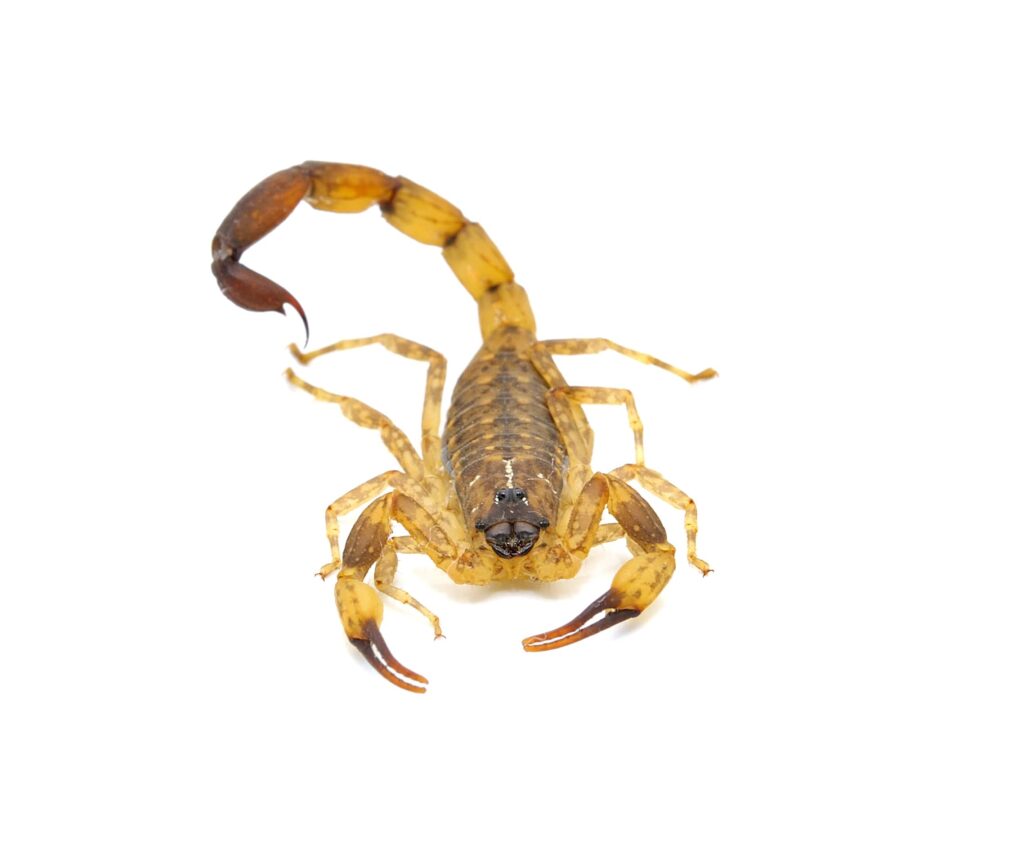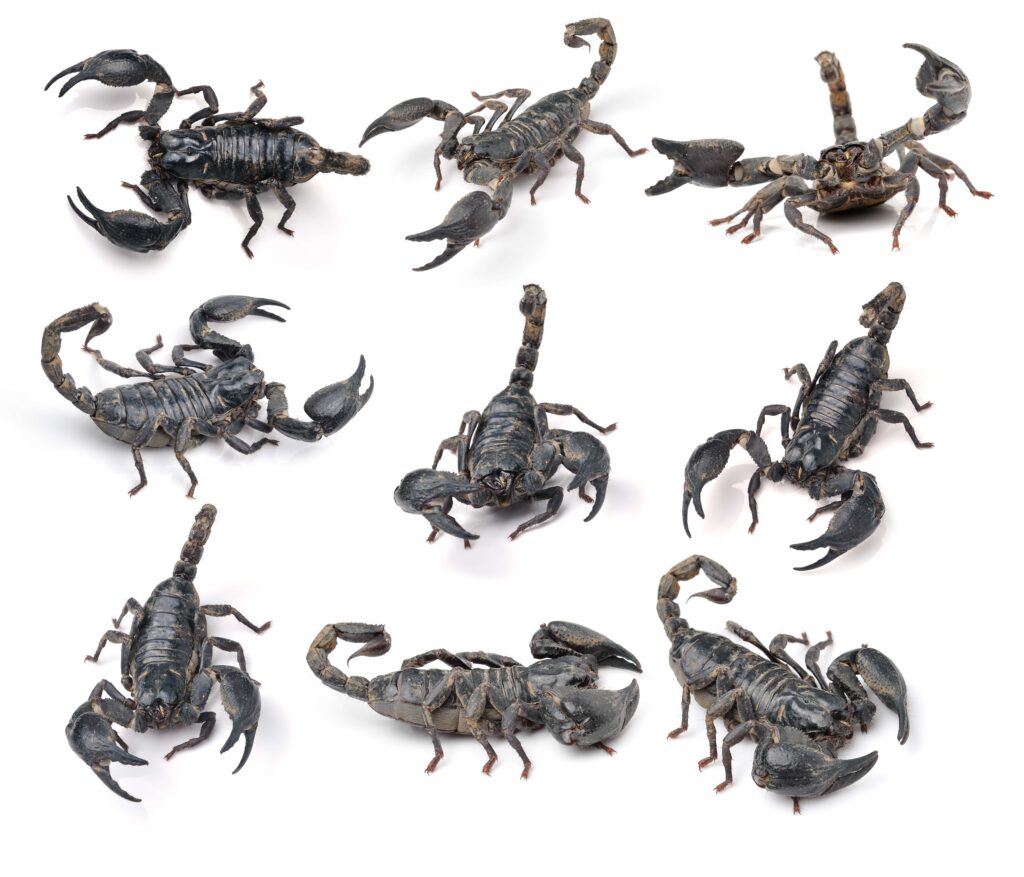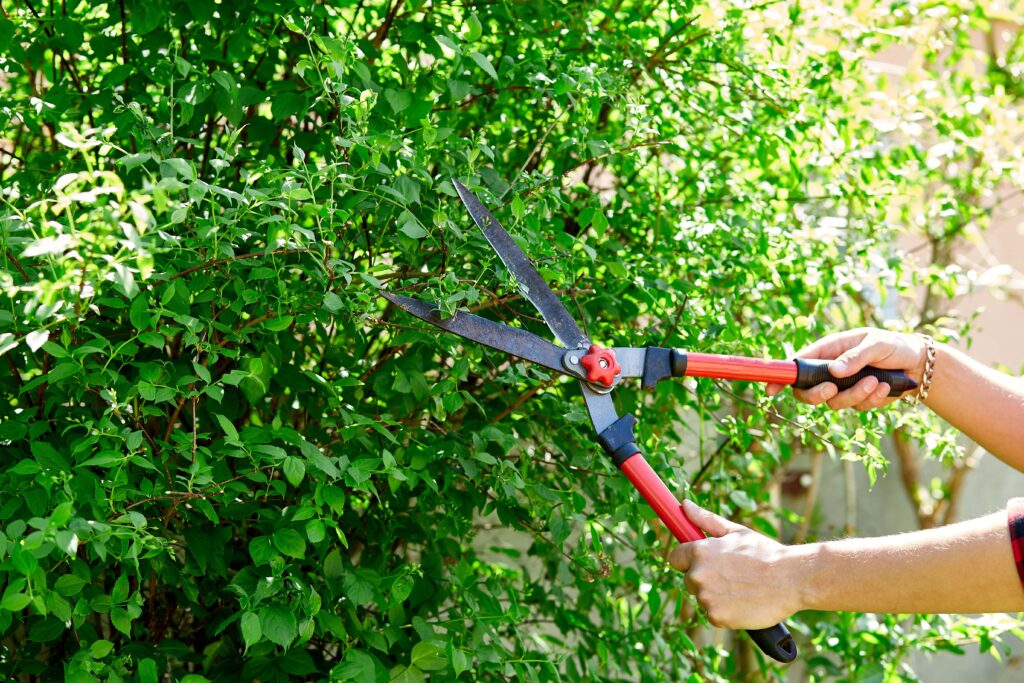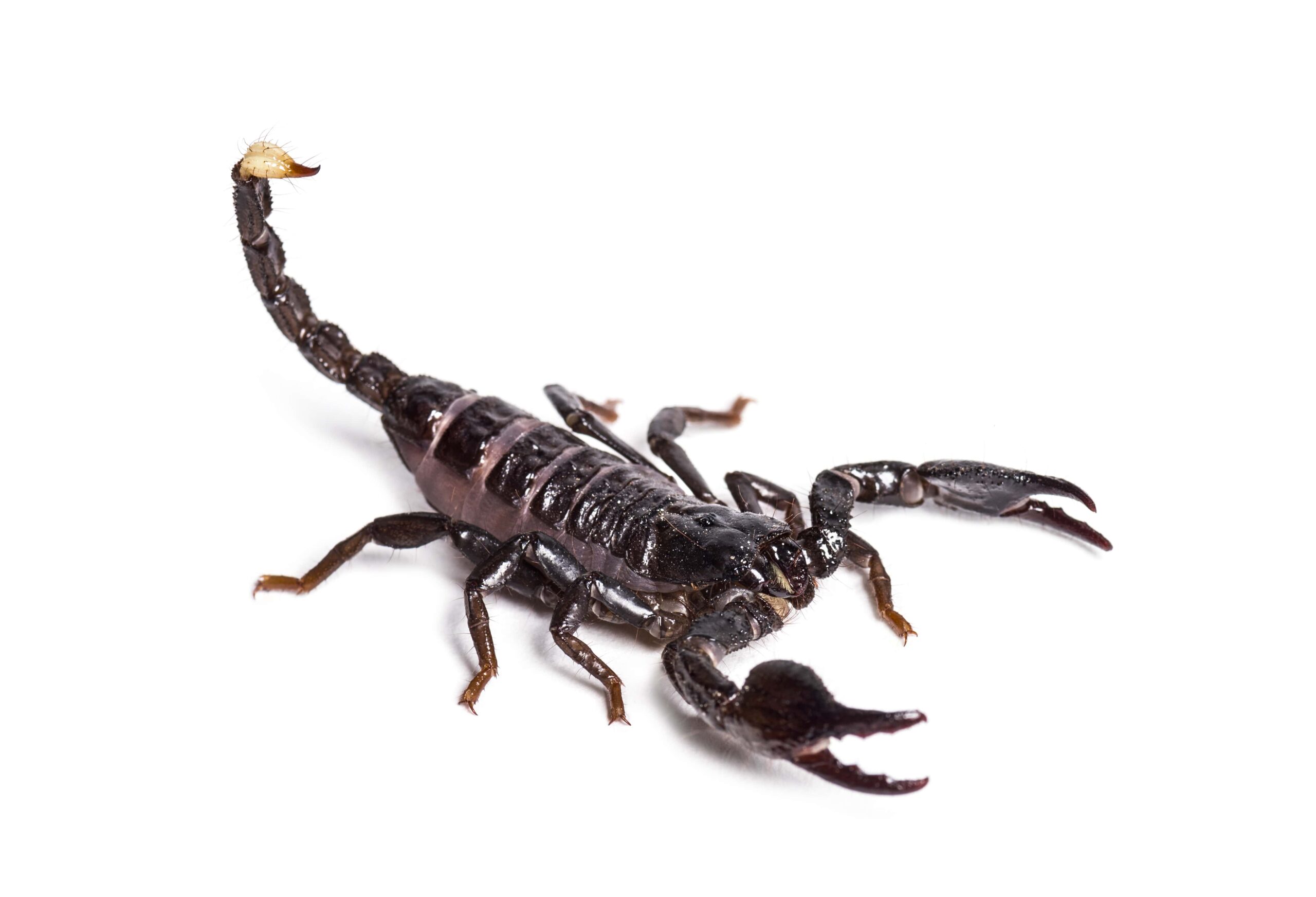Exploring the Mysterious World of Scorpions and Their Elusive Habitats
From ancient legends to modern-day fears, scorpions have fascinated and frightened humans for centuries. These intriguing arachnids, with their menacing pincers and venomous tails, evoke a sense of both awe and caution. Found in various parts of the world, scorpions are particularly notorious in the arid regions of the southwestern United States.
Here, the bark scorpion, one of the most venomous species found in North America, reigns supreme. bark Scorpions belong to a class known as Arachnida, which also includes spiders, ticks, and mites.
With their eight legs and characteristic segmented bodies topped by a distinctive tail equipped with a stinger, they stand out among their arachnid brethren. Most scorpions measure around 2-3 inches in length but can range from tiny ones that fit on your fingertip to larger ones that send shivers down your spine.
Master Scorpion Defense: Explore Expert Tips for Effective Prevention and Control! Ready to become a scorpion-fighting pro? Delve into our in-depth article on scorpion prevention and control and unlock a treasure trove of expert tips. From proactive measures to targeted treatments, you’ll gain the knowledge needed to master scorpion defense and maintain a secure living space.
The Importance of Understanding Scorpion Prevention

While scorpions may conjure fear or curiosity depending on your perspective, it’s crucial to acknowledge that prevention is key when it comes to dealing with these creatures. Understanding their habits and habitats is essential for keeping them at bay. By familiarizing ourselves with their behavior patterns and taking preventative measures accordingly, we can minimize the risk of encounters within our living spaces.
Scorpions are nocturnal predators that primarily feed on insects like crickets and roaches. They seek out dark hiding places during the day—cracks in walls or floors provide ideal refuge for them.
Being meticulous about eliminating other pests from our homes helps decrease the attractiveness of our premises as a potential food source for these arachnids. Taking preventative pest control measures against scorpion invasions not only ensures the safety and comfort of our households but also helps maintain a broader ecological balance.
Through careful attention to our surroundings, introducing predators such as chickens or lizards, and employing natural repellents, we can protect ourselves from unwanted scorpion encounters while promoting a harmonious coexistence with these fascinating creatures. Stay tuned for the next section where we delve into identifying typical scorpion habitats and how to seal potential entry points!
Identifying Scorpion Habitats

The Sneaky Hiding Spots of Arachnids
Scorpions, those cunning creatures with their fearsome stingers and unyielding exoskeletons, can be quite the hassle to deal with. To effectively prevent scorpions from infesting your home, it’s crucial to understand where they like to hide and breed.
These elusive arachnids have a knack for finding the most inconspicuous spots. One common place you might find scorpions is in the cracks and crevices that permeate your walls, floors, and foundations.
These sneaky critters can squeeze through the tiniest openings, so it’s essential to seal any gaps or crevices thoroughly. Additionally, keep an eye out for dark corners or wall voids where scorpions might seek refuge.
Another favorite hiding place for scorpions is in piles of debris, woodpiles, or rocks scattered around your yard. Scorpions adore these cluttered areas as they provide ample protection from predators and humans alike.
Make it a habit to clear ground cover regularly and keep firewood stacks at a distance from your home. But don’t think that scorpions restrict themselves to the great outdoors!
Oh no, they may also be lurking within cluttered areas inside your house. Those neglected corners filled with boxes, unused furniture, or stored items create perfect hideaways for our eight-legged friends. Decluttering your living spaces not only helps prevent future infestations but also keeps other bugs at bay—two birds with one stone!
Remember: knowledge is power when it comes to combating these menacing creatures. By identifying their favored hideouts—such as cracks in walls/floors/foundations, debris-filled yards, and cluttered indoor spaces—you can take proactive steps to prevent scorpions from wreaking havoc on your peaceful abode.
Sealing Entry Points
Inspecting and Sealing Gaps and Cracks in Walls, Windows, and Doors
When it comes to keeping scorpions out of your home, one of the most effective strategies is to seal all potential entry points. Scorpions are skilled at squeezing through even the tiniest cracks, so it’s crucial to carefully inspect your walls, windows, and doors for any gaps or openings.
Start by examining the exterior walls of your house, paying close attention to areas where pipes or cables enter the building. Look for cracks in the foundation or spaces between bricks that scorpions could use as a gateway into your home.
Using Caulk or Weatherstripping to Seal Gaps around Windows and Doors To prevent scorpions from sneaking inside through windows or doors, you can utilize caulk and weatherstripping.
Apply a bead of caulk around the edges of windows to seal any gaps between the frames and walls. For doors that don’t fit snugly against their frames, weatherstripping is an excellent solution.
This flexible material fills in small openings while still allowing you to open and close your doors smoothly. Filling Cracks in Walls with Mortar or Concrete Patching Material
If you notice cracks in your walls during the inspection process — especially near baseboards or electrical outlets — it’s vital to address them promptly. Scorpions can exploit even hairline fractures as entry points into your living spaces.
To seal these cracks effectively, mix mortar or concrete patching material according to package instructions. Use a putty knife to carefully fill each crack until level with the wall surface.
This will not only help deter scorpions but also improve energy efficiency by preventing drafts. By taking proactive measures like inspecting for gaps, caulking around windows and doors, and filling wall cracks with mortar or concrete patching material, you can significantly reduce the chances of scorpions finding their way into your home.
Remember, scorpions are persistent creatures, so it’s crucial to be meticulous in your efforts to keep them at bay. In the next section, we will explore another set of strategies that focus on removing attractive food sources for scorpions and maintaining a scorpion-unfriendly landscape.
Removing Attractive Food Sources for Scorpions

Eliminating insects that scorpions feed on
Subtitle: Breaking the Scorpion’s Food Chain To effectively prevent scorpion infestations, it is crucial to eliminate the other insects, that scorpions feed on.
These creepy crawlers, such as spiders and other pests, serve as a delectable meal for scorpions and can attract them to your home. By controlling the population of these prey species, you not only reduce their presence but also make your property less appealing to scorpions.
To achieve this, it is important to regularly clean up crumbs, spills, and food debris inside your home. Remember, even a tiny crumb can be an all-you-can-eat buffet for a hungry scorpion!
Wipe down countertops after cooking or eating and promptly sweep or vacuum any food particles around the house. A meticulous cleaning routine will greatly reduce the availability of food sources for both insects and the unwelcome arachnids.
Properly storing food in airtight containers

Subtitle: Locking Away Temptation Another key aspect of removing attractive food sources for scorpions is proper food storage. Scorpions possess extraordinary survival skills when it comes to hunting down sustenance.
They can sense even minute traces of potential meals and will relentlessly search until they find them. By storing your food in airtight containers, you create an impenetrable barrier that denies access to scavenging insects and ambitious scorpions alike.
Invest in quality containers that tightly seal shut; glass or plastic containers with secure lids are perfect for this purpose. Ensure all packaging is properly closed before storing items in your pantry or cabinets.
By eliminating easy access points for pests – who might otherwise gnaw through flimsy packaging – you significantly reduce the risk of attracting scorpions into your home. Remember, depriving them of a meal not only keeps them away but also ensures your food remains safe and unspoiled.
Natural Repellents and Scorpion-Proofing Your Yard
Natural Repellents and Scorpion-Proofing Your Yard In addition to removing attractive indoor food sources, it’s important to consider outdoor factors that can lure scorpions closer to your vicinity. Sprinkling cinnamon or essential oils known to repel or kill scorpions, such as lavender, lemongrass, or cedarwood, around the perimeter of your house can create a natural barrier deterring these arachnids from venturing too close.
Additionally, maintaining a clean yard free from leaf litter, piles of debris, and other hiding places will discourage scorpions from taking up residence near your property. By combining these measures with proper indoor food storage practices, you significantly reduce the likelihood of encountering scorpions both inside and outside your home.
Prevention is paramount when it comes to dealing with these potentially dangerous creatures. Don’t let their glowing under black light or fearsome reputation discourage you – by eliminating their sources of nourishment and making your property inhospitable to them, you can ensure a scorpion-free environment for you and your loved ones.
Landscaping Practices to Deter Scorpions
Maintaining a Clean Yard Free from Potential Hiding Spots

Subtitle: Uncover the Secrets of a Pristine Scorpion-Free Yard Scorpions are opportunistic creatures that thrive in cluttered and unkempt environments. One effective way to deter them is by keeping your yard clean and free from potential hiding spots.
Start by regularly removing any debris, piles of wood, or rocks that could serve as cozy homes for scorpions. Remember, scorpions tend to seek out cool and dark places during the day, so make sure to tidy up areas where they might find solace.
Additionally, pay attention to neglected corners and crawl spaces around your property. Often overlooked, these areas can become ideal hiding places for scorpions.
Take the time to inspect and clean these spaces regularly, clearing away any cobwebs or accumulated dust. By eliminating their preferred habitats, you drastically reduce the chances of encountering these unwanted guests in your yard.
Trimming Bushes and Shrubs Away from the House

Subtitle: Cutting Back Nature’s Red Carpet for Scorpions When it comes to landscaping practices that deter scorpions, trimming bushes and shrubs away from the house is crucial. These dense foliage areas create an inviting environment for scorpions seeking shelter or hunting opportunities.
By maintaining a significant clearance between plants and exterior walls or foundations, you limit their access points into your home. Focus on trimming back any overgrown branches that touch or hang near windowsills or walls.
This not only eliminates potential pathways for scorpions but also reduces other pest-related issues by hindering insects’ access to your home. Remember to wear protective clothing such as long sleeves wear gloves when tackling this task as some scorpion species found among vegetation may hide inside palm tree bark or similar crevices.
Removing Piles of Leaves or Mulch near the Foundation
Subtitle: Uncover the Hidden Dangers Lurking Beneath Nature’s Carpet Leaves, mulch, and other organic debris serve as an attractive breeding ground for small insects that scorpions feed on. By removing piles of leaves or mulch near the foundation, you disrupt this ecosystem and create an inhospitable environment for scorpions.
Consider raking up fallen leaves regularly and disposing of them properly. If you prefer to use mulch in your landscaping, opt for larger chunks instead of fine-textured varieties.
This will discourage scorpions from using it as a hiding place or nesting site. Additionally, consider sprinkling cinnamon in your garden beds as scorpions are known to avoid its strong smell.
A little extra effort with leaf removal and a smart choice of mulch can go a long way in deterring scorpions from making themselves at home near your foundation. Remember, prevention is key when it comes to dealing with a potential scorpion problem.
By incorporating these landscaping practices into your routine maintenance, you not only create a visually appealing yard but also decrease the chances to get rid of scorpions without encountering unwanted eight-legged guests on your property. Stay diligent and keep nature’s red carpet trimmed back to send a clear message to scorpions: there’s no room for them in your well-tended sanctuary!
Bedding & Clothing Precautions
Shaking Out Bedding Before Use

Picture this: You’re about to hop into bed, ready to drift off into dreamland, when suddenly you feel a sharp sting on your foot. Ouch! It turns out a sneaky scorpion had made itself cozy in your sheets.
To avoid such unwelcome surprises, always make it a habit to shake out your bedding before climbing in. Give those pillows a good fluff, pull up the sheets, and give them a few vigorous shakes too.
This simple precautionary measure can help dislodge any lurking scorpions that may have found their way into your bed. Remember, these scorpion-prevention tips is key!
Checking Shoes/Clothing Before Wearing Them

The last thing you want is for a scorpion to take up residence inside your shoes or clothing, waiting for its opportunity to strike when you least expect it. So before slipping on those sneakers or throwing on that shirt you left on the floor, take a moment to inspect them carefully. Give your shoes a gentle tap against the ground and examine the insides for any signs of unwelcome visitors.
Similarly, give your clothes a good shake and look closely for any creepy crawlers who might have decided to hitch a ride. By adopting this simple habit of checking before wearing, you’ll keep those scorpions at bay.
Additional Precautions
While shaking out bedding and checking clothing are essential steps in scorpion prevention, there are other precautions you can take too. When dealing with potential scorpion habitats like garages or crawl spaces, it’s advisable to wear long pants and thick gloves as an added layer of protection against accidental encounters with these arachnids. Additionally, if you live in an area prone to scorpion infestations or have had a serious scorpion infestation problem in the past, consider using sticky traps or glue traps strategically placed near potential entry points.
These traps can help catch and monitor any scorpions attempting to make their way into your home. Remember, it’s not just about trapping scorpions and addressing the immediate issue but also taking preventative measures to ensure a scorpion-free environment and prevent future infestations.
Planting Scorpion-Repelling Plants: A Natural Approach

When it comes to naturally deterring or killing scorpions from your home, harnessing the power of certain plants can be remarkably effective. Lavender and lemongrass, in particular, possess aromatic properties that repel scorpions with their strong scent.
Planting these scorpion-repelling plants strategically around your yard and near entry points can create a fragrant barrier that keeps these arachnids at bay. For lavender, choose a sunny spot in your garden or plant them in pots on your patio.
Not only do lavender bushes add a touch of beauty to your surroundings, but they also release a soothing scent that acts as a natural deterrent for scorpions. Lemongrass, on the other hand, is best planted near windows or doors due to its lemony fragrance.
Its tall stalks make it an excellent addition to landscaping while serving as an aromatic shield against these unwelcome intruders. Incorporating these scorpion-repelling plants into your outdoor space not only enhances its visual appeal but also contributes to creating an inhospitable environment for these pestering creatures.
Create Homemade Traps: An Ingenious Solution
If you want to take proactive measures against scorpions, setting up homemade traps can significantly aid in reducing their numbers within your home. One effective homemade trap involves using a shallow dish filled with oil or soapy water placed strategically along common paths where scorpions may travel. The idea behind this trap is simple yet effective – scorpions are attracted by the moisture and will climb into the dish but struggle to escape due to the slippery surface of the oil or soapy water.
Check these traps regularly and safely dispose of any trapped scorpions. Another clever trap that you can create to capture scorpions is by using sticky traps typically designed for catching insects.
Place these traps in areas where scorpions are often spotted, such as near exterior walls, cracks, or dark corners. The stickiness of these traps will ensnare unwary scorpions, preventing them from causing any harm to you or your loved ones.
A Triumph over Scorpions
By implementing these natural repellents and homemade traps, you can take control of your scorpion problem and prevent future infestations without relying solely on chemical solutions. Planting lavender and lemongrass will create a fragrant barrier that keeps scorpions at bay while adding beauty to your outdoor space.
Additionally, setting up homemade traps using oil or soapy water, as well as sticky traps strategically placed around your home, will effectively eliminate scorpions that have already made their way inside. Remember to be cautious when dealing with any scorpion control-related matters – wear protective clothing like long pants and use an ultraviolet (UV) flashlight to locate their hiding places during nighttime inspections.
So fear not! With these preventative measures firmly in place, you can confidently bid farewell to the menacing presence of scorpions within the comfort of your abode.
Overcome Scorpions with D-Termination: Las Vegas’ Leading Pest Control Service

If you’re worried about scorpions invading your Las Vegas property, D-Termination is the solution you need. Our team of experts is dedicated to eliminating these dangerous pests and ensuring the safety of your space. Say goodbye to scorpion worries and make the smart choice of selecting D-Termination for effective pest control today!
To schedule your scorpion control service and reclaim your space from these unsettling pests, contact us at 702-919-6310 or visit dtermination.com.
Frequently Asked Questions:
Sealing entry points, reducing moisture, and removing hiding spots can help keep scorpions away.
Scorpions have a strong aversion to scents like citrus, lavender, and cedar.
Scorpions are attracted to moisture, darkness, and clutter in houses.
To keep scorpions out of your yard, maintain a well-groomed landscape, remove debris, and consider using scorpion repellents or seeking professional help if necessary.
If you found this article engaging, you might also like exploring these related articles:
Sting Operations: A Comprehensive Guide to Effective Scorpion Control Methods








